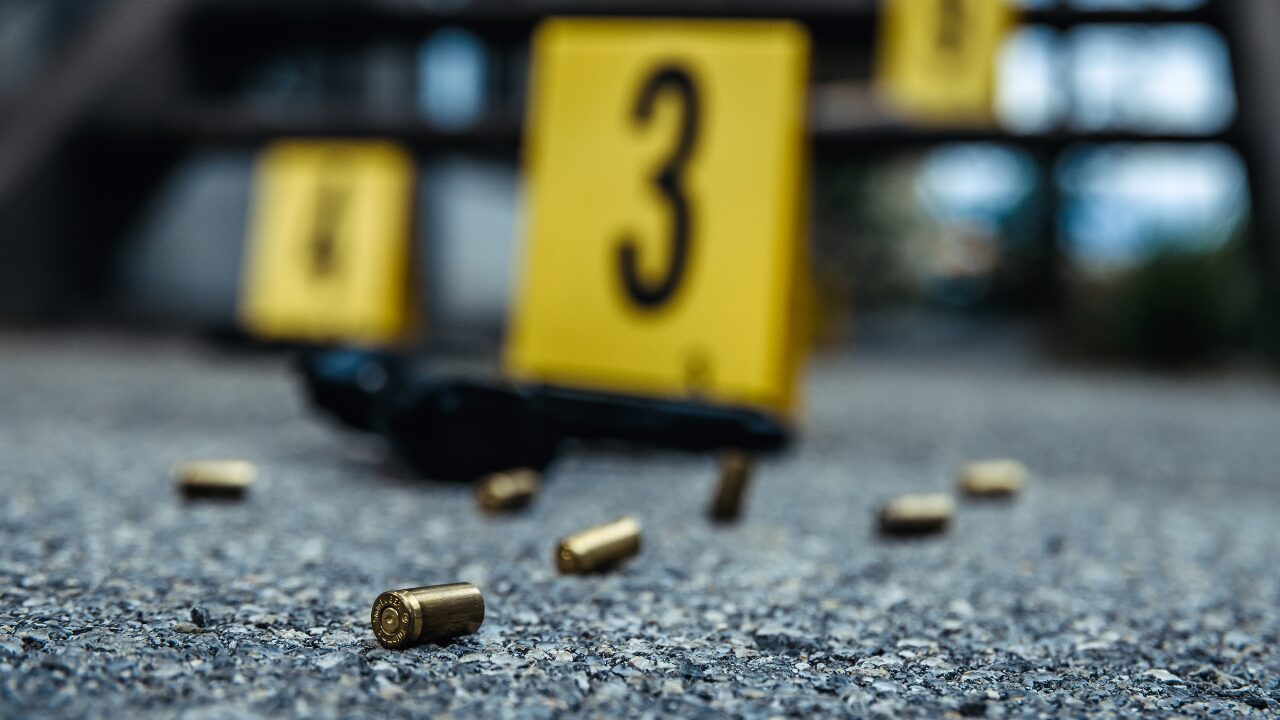Date first published: 18/03/2025
Key sectors: all
Key risks: civil unrest, political violence, communal violence, targeted attacks, corruption
Risk development
On 11 March former president Rodrigo Duterte was arrested in Ninoy Aquino International Airport on an ICC warrant for crimes against humanity of murder, torture and rape, committed during his intermittent tenure as mayor of Davao city and later as president, between 1988 and 2022. He was flown to the Hague on 12 March to face trial and appeared in front of the judges for the first time on 14 March.
Why it matters
According to official police reports, 6,200 individuals were killed during the Duterte-sanctioned anti-drug operations. However, the actual number has been recognised as approximately 30,000 by various human rights groups and the ICC, usually targeting young men of poor backgrounds. While a large portion of the population were victims of Duterte’s ‘war on drugs’, the former president’s arrest has caused a polarised reaction. The ‘war on drugs’ remained his flagship campaign policy, propelling him to power in 2016 as a tough-talking, crime fighting-mayor and still maintains widespread support today.
The administration of President Ferdinand Marcos Jr. initially declared that it would not cooperate with the ICC. However, on 13 November 2024 it stated that it would not obstruct surrendering the former president to the ICC and would be obligated to comply with any international arrest warrant in relation to Duterte’s ‘war on drugs’ – a policy the current government has not officially pursued, stating it would instead focus on prevention and rehabilitation. Despite this, various activists have declared there is substantial evidence of widespread abuse by state officials and vigilante groups.
Renewed momentum of support for the Duterte family may arise out of perceptions that the Marcos Jr. administration seeks to unfairly eliminate their presence in national politics. Vice President Sara Duterte, who also enjoys widespread support had stated her father was “forcibly taken to the Hague” describing the situation as “oppression and persecution”.
Background
The Philippines became an ICC State Party on 1 November 2011 but formally notified its withdrawal on 17 March 2018 – barely a month after the ICC announced it would conduct a preliminary investigation into the deaths following Duterte’s campaign. While the withdrawal officially took effect on 17 March 2019, the ICC retains jurisdiction over alleged crimes committed in the country while it was still a member.
On 21 May 2021, the Office of the Prosecutor of the ICC requested authorisation to investigate alleged crimes committed in the country between 1 November 2011 and 16 March 2019 during the Duterte administration’s ‘war on drugs’, which was authorised by the chamber on 15 September 2021. After the suspension of the investigation on request of deferral by the Philippines, it resumed on 18 July 2023 as the ICC Appeals Chamber delivered its judgement.
Risk outlook
The country has already seen large-scale demonstrations in January, against the impeachment of Rodrigo Duterte’s daughter Sara Duterte for her claims of pre-meditated murder of the current President Ferdinand Marcos Jr. and his wife, were anything to happen to her. She flew to the Hague to allegedly help her father, however details remain vague.

